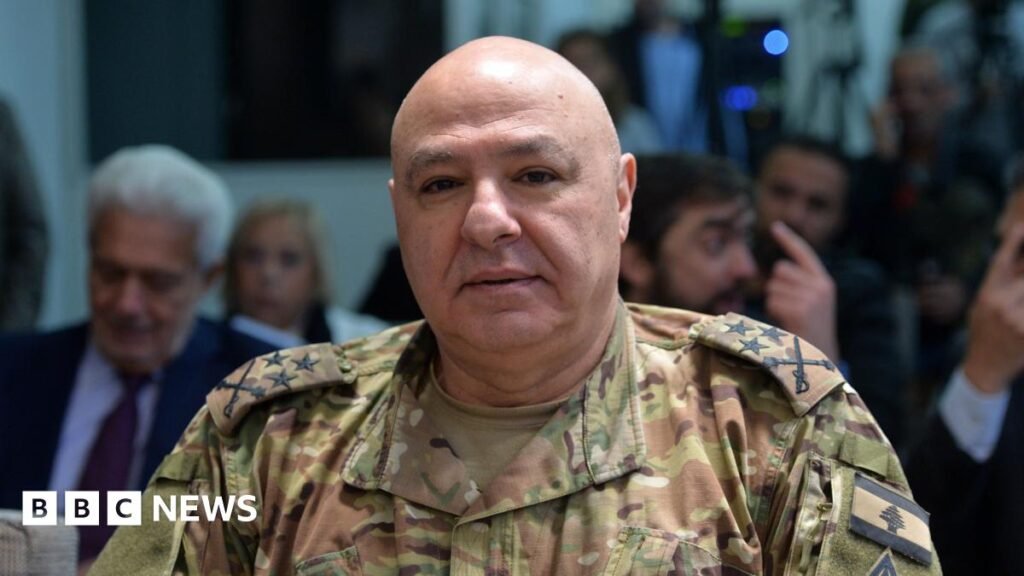Since the last parliamentary elections in May 2022, Lebanon has not had a properly functioning government.
Interim Prime Minister Najib Mikati failed to secure support for a new cabinet before the end of then-President Michel Aoun’s term in October of that year, leaving his administration with limited powers.
Lawmakers then failed to elect a new president 12 times. The last time was in June 2023, when neither candidate won enough votes to win in the first round, before Hezbollah and its ally Amal prevented a second round by dropping out.
A presidential candidate in Lebanon can usually be elected in the first round if he wins a two-thirds majority – or 86 votes – in the 128-seat parliament, or a simple majority in the second round. However, Speaker Nabi Berri said Aoun needed a two-thirds majority in any round because he is the army commander.
In the first round on Thursday morning, 71 lawmakers voted for Aoun, 15 fewer than he required. Another 37 lawmakers – many of them reportedly from Hezbollah and Amal – cast blank ballots and 20 ballots were declared invalid.
Berry, who is the leader of Amal, then adjourned the session until the afternoon, sparking anger among lawmakers who wanted an immediate run-off.
In the end, Aoun was elected president after receiving 99 votes in the second round, easily securing the required two-thirds of the vote. Nine MPs voted blank, in addition to 18 invalid ballots.
As soon as the speaker announced the results, television channels showed scenes of celebration across the country.
Aoun was later shown arriving at the parliament building in a suit, then inspecting guards before entering the swearing-in hall.

